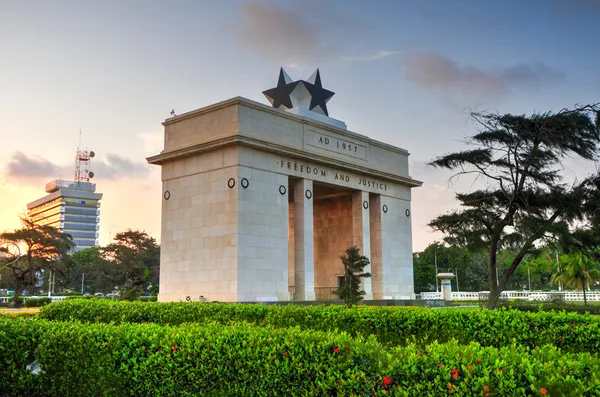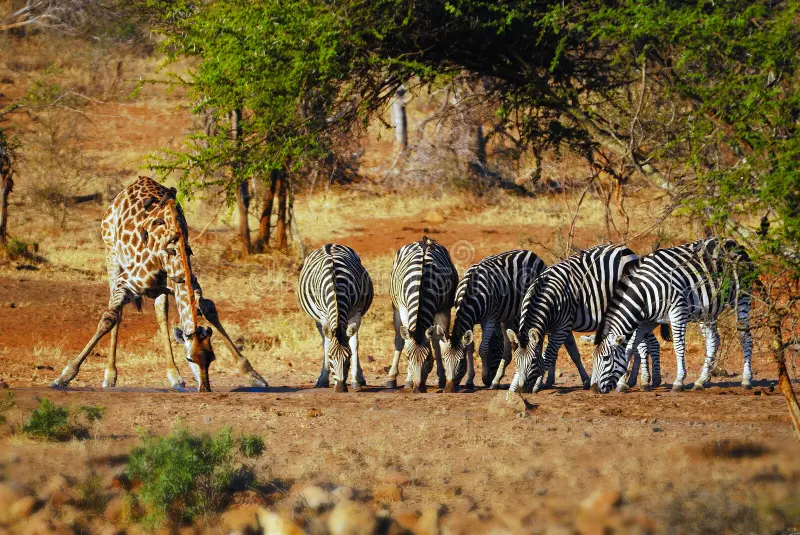2nd Accra Conference on Environmental Education and Lifelong Learning
“Empowering Girls through STEM for Environmental Solutions: Lifelong Learning as a Catalyst for Sustainable Change”


Introduction
Building on the success of the inaugural conference, the 2nd Accra Conference will spotlight Africa’s unique environmental landscapes and the vital role of girls and young women in shaping a sustainable future. Organized by the Pan African Centre for Climate Policy, the event will be held in Ghana, symbolizing the continent’s leadership in environmental innovation and education.
Centered on the theme “Empowering Girls through STEM for Environmental Solutions in Africa,” the conference will explore how STEM education tailored to Africa’s diverse contexts can foster innovative solutions to pressing issues like climate resilience, renewable energy, conservation, and sustainable agriculture.
This gathering aims to amplify African voices, showcase indigenous knowledge, and promote culturally relevant approaches to integrating gender-sensitive STEM education. It will foster dialogue among African policymakers, educators, STEM professionals, community leaders, and youth to develop strategies that empower girls to become environmental stewards and leaders.
Background and Rationale
Africa faces unique environmental challenges, including desertification, deforestation, water scarcity, and climate-related disasters. Despite these challenges, the continent possesses vast potential in renewable energy, biodiversity, and innovative traditional practices.
However, girls and women in Africa are often marginalized from STEM fields due to cultural norms, limited access to quality education, and socioeconomic barriers. Closing these gaps is critical to harnessing Africa’s full potential for sustainable development.
Statistics highlight the urgency: UNESCO reports that in many African countries, girls are twice as likely as boys to drop out of secondary school, especially in rural areas. Empowering girls with STEM skills can catalyze community-led solutions, improve climate resilience, and foster inclusive economic growth.
By focusing on Africa-specific contexts such as traditional ecological knowledge, community-led innovations, and regional collaborations—the conference will emphasize culturally relevant and sustainable strategies that elevate girls as environmental champions.
Bringing together African policymakers, educators, STEM practitioners, gender advocates, youth representatives, and community stakeholders, the conference will:
- Showcase Africa’s indigenous knowledge and innovative practices in environmental management led by girls and young women.
- Promote gender-sensitive policies tailored to Africa’s diverse cultural and socio-economic contexts that expand access to STEM education.
- Share successful African initiatives, scalable models, and grassroots innovations that integrate gender and environmental education.
- Foster regional and continental collaborations for developing gender-inclusive STEM curricula rooted in African realities.
- Develop actionable strategies and policy recommendations to mainstream gender equality and STEM empowerment across African nations.
Call to Action
Join us in championing the empowerment of African girls through STEM as a cornerstone for innovative environmental solutions. Together, we can nurture a new generation of African women leaders equipped with the skills, confidence, and cultural pride needed to drive sustainable development across the continent.
